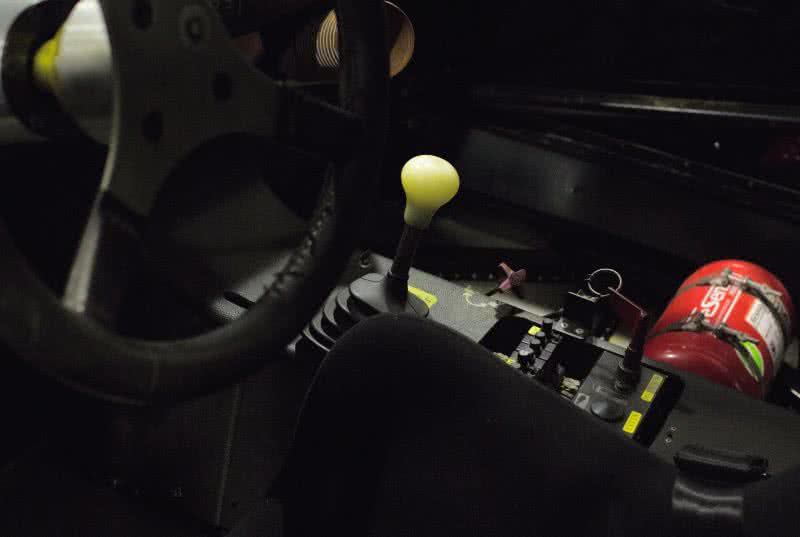Understanding Gear Oils
Various oils & fluids make sure that the different parts of your car are working together properly and prevent components from getting damaged because of friction or heat.
Without these oils, you could be looking at expensive repairs frequently and your car wouldn’t run at peak performance. In this article, we’re going to be discussing gear oil (choose from a selection of leading brands such as Castrol, Mobil, Nulon, Penrite, and Valvoline online or at your local Supercheap Auto) and what role they play in your car.
Which Oil Should I Use For My Gearbox?
There are a few different things to consider when deciding which gear oil to use. The two main things to consider are the viscosity (SAE) and the GL rating, but you should only use oils which are specific to your differential or gearbox.
You can find what type of oil is recommended for your vehicle using our Parts Guide.
Even though there are a lot of different types of transmissions and differentials, many of them require the use of a friction modifier which is specific to their design in order for them to work effectively.
Limited Slip Differentials (LSD) simply will not work without these specific additives and you’ll end up having to deal with a high repair cost for your vehicle. If your car has an LSD, make sure that the gear oil which you are using contains the necessary specific friction modifiers for that LSD.
To check if your vehicle has an LSD, refer to the manufacture build plate and look for the differential numbers, use these numbers with an online search to see what you have or alternatively talk with your local mechanic.
What Is The Difference Between ATF And Manual Transmission Oils?
Automatic Transmission oils are used in vehicles with self-shifting or automatic transmissions, but it’s not uncommon to be used in some modern transmissions as well. ATF oil is much like an hydraulic oil and is optimized for the gearbox valve operation, brake band friction and torque convertor along with gear operation.
Manual Transmission oils are a type of gear oil and are used mainly to lubricate gears and lever operation within the transmission. Gear oils are rated a high viscosity to ensure the transfer of lubricant throughout the gear train. Make sure you use the correct GL rating to suit your vehicles transmission to avoid future issues.

What Is Hypoid Gear Oil?
Hypoid gear oil is specifically designed for hypoid gear designs. In modern cars, this is common.
Any gearboxes or differentials which have a hypoid gear design must use a lubricant which contains an Extreme Pressure (EP) additive in order to prevent wear from occurring between gears. Hypoid gear oil is usually recommended for manual transmissions.
Hypoid gear oil is gear oil with additional properties which are specifically meant to help make hypoid gears perform effectively reducing damage caused by heat or wearing.
How Often Should You Change Gear Oil?
Gear oils primary purpose is to ensure transmissions and other components are lubricated sufficiently. In order to ensure that gears don’t grind and wear against one another, the viscosity of gear oil is normally a higher than the viscosity of regular engine oil.
Just as with engine oil, if you don’t change gear oil every so often then it will begin to deteriorate & start to become ineffective. . Because of this, it’s suggested that whenever you change the engine oil, you check the levels of the gear oil. Refer to your user manual when the intervals are between gear oil changes. This will give you an indication of how long the manufacture recommends the oil to last.
If you don’t have a record of when it was changed last, it’s a good idea to check your gear oil and change it if it’s dark and looks gritty. Make a note of the manufacturer intervals for the next service.
What Happens When You Don’t Change your Gear Oil?
When it comes to your gear oil, just as it is with your car’s engine oil, it’s vital that you change the gear oil in line with manufacturer’s recommendations . Without lubrication the gears become hot from excess friction which in turn causes the metal components to wear down. To avoid unnecessary damage and to prevent a hefty bill from your local mechanic, it’s a good idea to keep track of your transmission and differential oil changes.
*Important information* - Click here to read more about our DIY Advice Terms and Conditions.